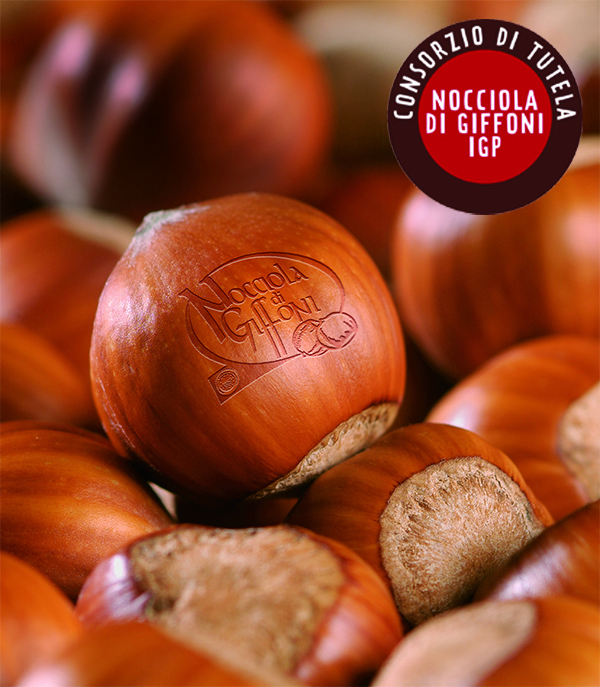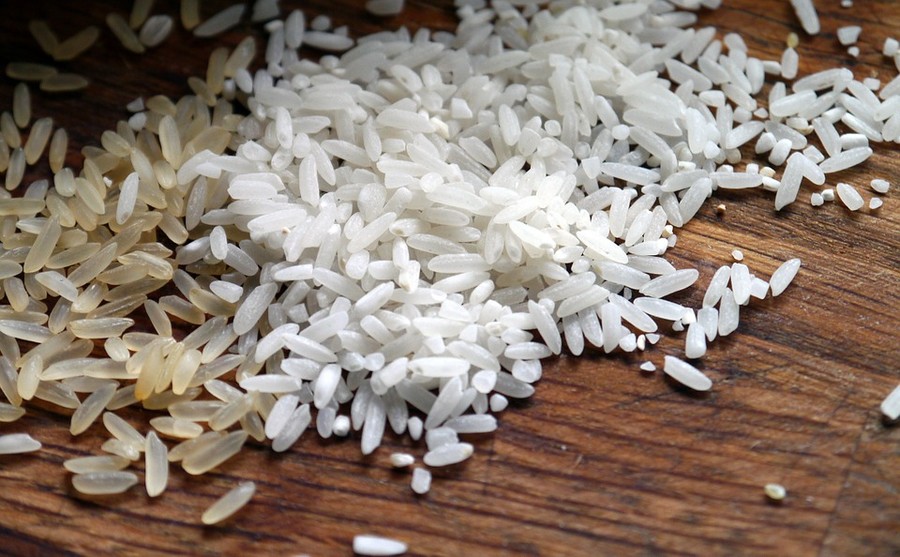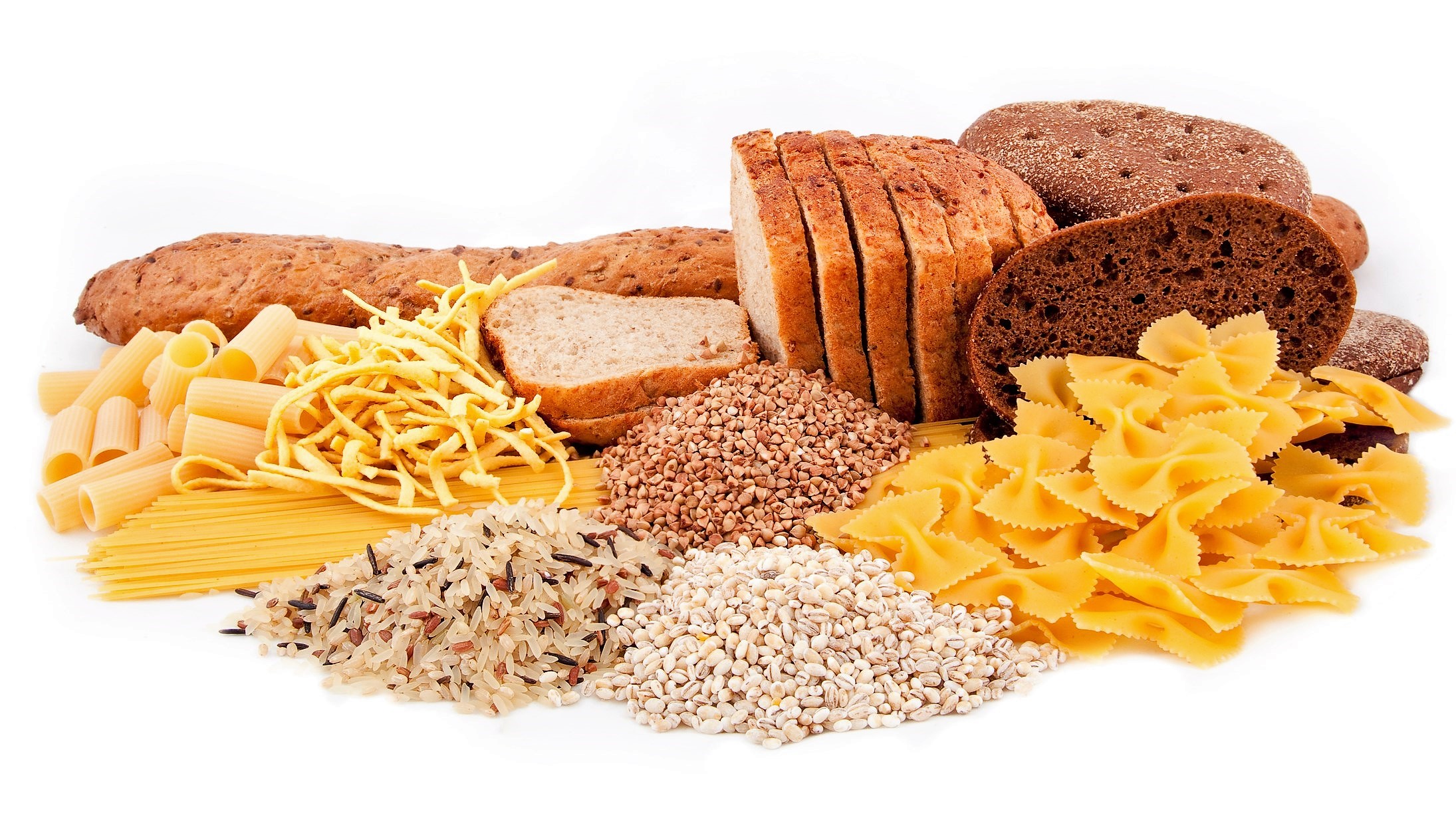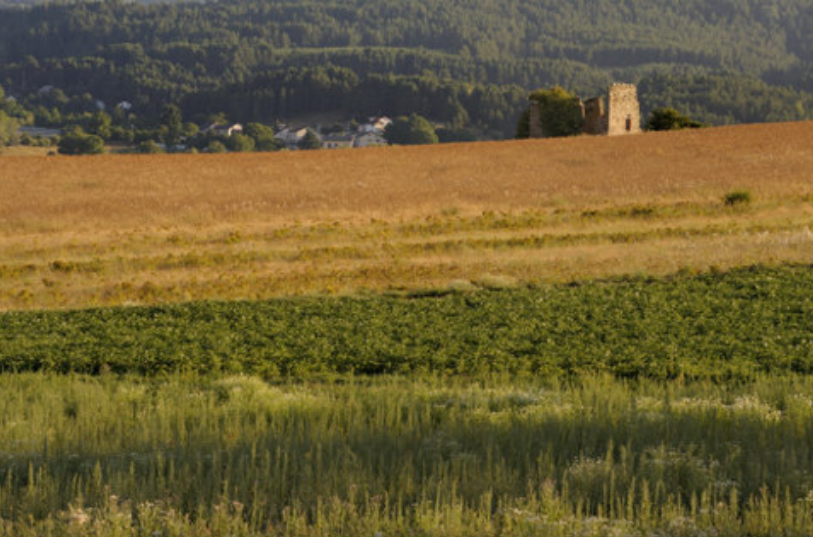The Italian Food Districts are partnerships established by the law 205 of December 27th, 2017, with the aim of establishing a new development model for the Italian agri-food sector, the relaunch of the Made in Italy value chains and of the territories as a whole.
These are partnerships between the various players of the value chains, institutions and local associations, created on the basis of territorial specificities and socio-economic needs, born with the aim of enhancing the cultural, food and wine, and landscape heritage of agricultural areas, but also of promoting their profitability, sustainability and sociality. All with the intention of strengthening territorial cohesion, with the purpose of promoting growth and contributing to the conservation of knowledge and production traditions, emphasising the connection between landscape and food.
Today in Italy there are almost 200 Food Districts which, according to a study conducted by Alessandra Guigoni, can be classified into different types:
- Some are dedicated to a single product, such as the Giffoni PGI Hazelnut District in Campania

and the Rice District from Piedmont.

- Others include a production chain, such as the Lombard Cereal Chain District.

- Other districts include a basket of products within a certain territory, such as the quality agri-food District for Fruit and Vegetable Products of Abruzzo.

- Other districts are centred on limited territories: this is the case of the Rural District of Sila in Calabria or the District of Monti Cimini in Lazio.

- Lastly, other partnerships are characterised as biological districts.
In January 2023, the National Council of Food Districts was set up and it held its first assembly in Naples on June 17th, with the aim of promoting the exchange of knowledge and experience on the role of the districts and influencing the planning of an integrated, sustainable, and inclusive local development.
ILS LEDA follows these experiences with great interest since the food systems - or rather the food value chains - are an integral part of its approach to development.

